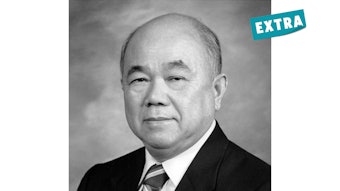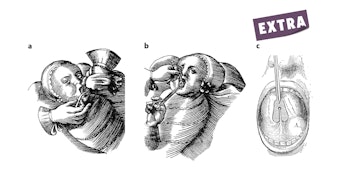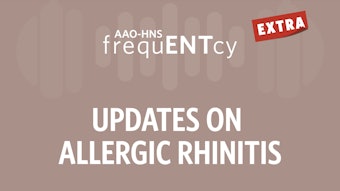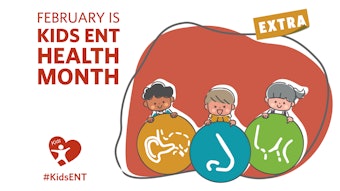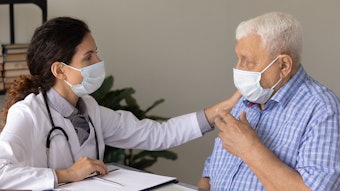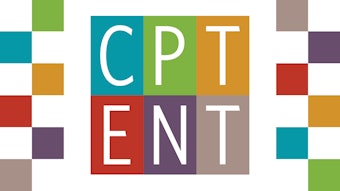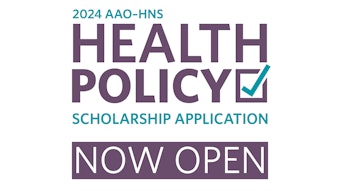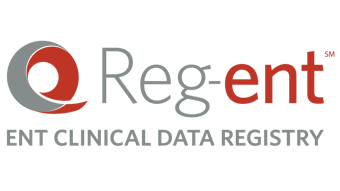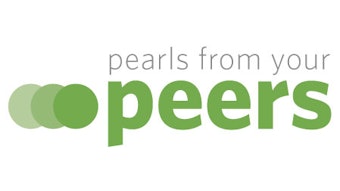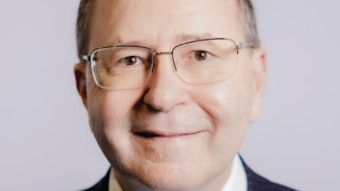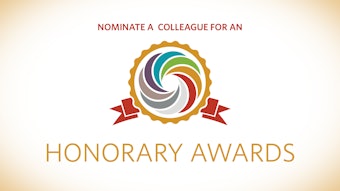The New Style of Medicine Is Life-Changing
The importance of lifestyle medicine for ourselves and our patients cannot be overemphasized.
Jessica G. Lee, MD, DipABLM, Richard M. Rosenfeld, MD, MPH, MBA, DipABLM, and Julie L. Wei, MD, MMM

Use this test as a wake-up call to reflect on your lifestyle and how it might impact your health. What does your way of life say about you? Do the habits of clinicians in general say anything about us as a community? How does the typical life of a medical trainee reflect our priorities as a medical culture?
The Merriam-Webster definition of lifestyle is, “The typical way of life of an individual, group, or culture.” Our daily choices play a significant role in our personal health, but also impact how we approach our patients’ health. For example, physicians who meet the U.S. Preventive Services Task Force guidelines for physical activity (moderate intensity aerobic exercise >150 minutes and at least two days of strength training per week) are more likely to counsel patients on the benefits of exercise.1 Conversely, physician smokers are less likely to counsel their patients on the harms of smoking or encourage cessation.2,3
Perhaps most notably, medical residents and attending physicians lack confidence in their ability to effectively counsel patients regarding their lifestyle behaviors and feel limited by their own lack of training in coaching, motivational interviewing, and techniques for behavior change.1,4,5,6 How can we meet the needs of our patients if we ourselves are not equipped with the tools and skills to enact those same changes on a personal level?
As the American College of Lifestyle Medicine (ACLM) celebrates its 20th anniversary, all physicians can benefit from exploring and recognizing the personal and professional rewards of training in lifestyle medicine. One of the most empowering aspects of lifestyle medicine is that each of us can change our daily habits in ways that progressively reduce our risk for chronic illness, like compounding interest. Our genes are not our destiny; our genes may load the proverbial gun, but it’s our lifestyle that often pulls the trigger. A little positive change now, continued day by day, goes a long way in decades to come. Although it would seem tempting to “let our primary care colleagues focus on that,” issues of cardiovascular disease, diabetes, and obesity directly and indirectly impact our patients. From preoperative risk assessment to recurrent respiratory infections and obstructive sleep apnea, lifestyle-related chronic disease prevention should play a prominent role for all medical providers.
Lifestyle medicine is an evidence-based specialty that emphasizes the following six pillars of health:
- Whole food plant-predominant nutrition
- Regular physical activity
- Stress reduction
- Restorative sleep
- Positive social connections
- Avoidance of risky substances
Specific measurable lifestyle “prescriptions” are used such as every evening, write one good that happened in that day in a journal or have a half cup of beans three days per week to clarify for patients the changes necessary to build new habits and empower them to take control.
Assessing lifestyle habits can be the key to diagnosing a new symptom for a patient, avoiding the need for unnecessary medications, and forging a stronger bond of trust between clinician and patient. Educating the parent of a patient about the harms of foods high in salt/oil/sugar and ultra-processed foods then helping them build an alternative strategy for toddler snacks is a good example of this partnership, which may also improve chronic upper respiratory symptoms. Revealing the harmful effects of alcohol on sleep quality and encouraging a cessation trial may lead to a better outcome than recommending a pharmaceutical sleep aid.
Learning how to motivate patients in alignment with their values and goals improves adherence to treatment recommendations, whether it’s a lifestyle change, a new medication, or postoperative care.7 Current noncompliance rates for medication use are over 50%, with lack of motivation given as the top cause.8 Lifestyle medicine training emphasizes the science behind health behavior change through utilization of motivational interviewing and positive psychology, equipping physicians with the skills to support a patient’s ability to make positive, sustained behavior changes.
With a goal of promoting self-efficacy (an individual’s belief in their capacity to act in the ways necessary to reach specific goals), guiding a patient through mastery experiences builds confidence and self-motivation. As noted above, physicians themselves report lack of self-efficacy on how to effectively counsel patients about lifestyle factors. These skills, not currently taught in our medical education system, have broad applications for all medical providers.
Promoting lifestyle medicine in our practice can be dramatically more effective if we as clinicians also understand and apply the same principles. Burnout and physician wellness are common buzzwords, but lifestyle medicine offers a uniquely healing solution. Resiliency is a key concept, supported by consistency in our daily health habits, that promotes adaptability in the face of the unknowable future. Our residents likely suffer the most and the responsibility lies on the shoulders of departmental chairs to incorporate changes that support a healthier lifestyle without compromising the integrity of medical education. Taken a step further, our workplace staff benefit when leadership prioritizes healthier choices, workflow algorithms that reduce stress, and company-wide wellness initiatives.
Education in lifestyle medicine has the potential to promote collaboration between subspecialties within otolaryngology and across medical disciplines in general. There lies a vast opportunity for research investigating lifestyle interventions and chronic respiratory diseases, vertigo, laryngopharyngeal reflux, and head and neck cancer outcomes. Additional opportunities include pursuing board-certification in lifestyle medicine and consulting ACLM expertise and resources.
The importance of lifestyle medicine for ourselves and our patients cannot be overemphasized. In the continuous pursuit of wellbeing, educating ourselves and our patients on the benefits of healthy lifestyle practices strengthens the provider-patient relationship and allows us to reap the future rewards together. If you haven’t done so already, take the Vitality Test. It might just be the motivation needed to start a lifestyle medicine journey.
References
- Howe M, Leidel A, Krishnan SM, Weber A, Rubenfire M, Jackson EA. Patient-related diet and exercise counseling: do providers' own lifestyle habits matter? Prev Cardiol. 2010 Fall;13(4):180-5. doi: 10.1111/j.1751-7141.2010.00079.x. Epub 2010 Aug 16. PMID: 20860642.
- Behbehani NN, Hamadeh RR, Macklai NS. Knowledge of and attitudes towards tobacco control among smoking and non-smoking physicians in 2 Gulf Arab states. Saudi Med J. 2004 May;25(5):585-91. PMID: 15138525.
- Kawakami M, Nakamura S, Fumioto H, Takizawa J, Baba M. Relation between Smoking Status of Physicians and Their Enthusiasm to Offer Smoking Cessation Advice. Intern Med. 1997; 36(3):162-5.
- Tsui JI, Dodson K, Jacobson TA. Cardiovascular disease prevention counseling in residency: resident and attending physician attitudes and practices. J Natl Med Assoc. 2004; 96: 1080–1083.
- Rogers LQ, Bailey JE, Gutin B, et al. Teaching resident physicians to provide exercise counseling: a needs assessment. Acad Med. 2002; 77: 841–844.
- Rogers LQ, Gutin B, Humphries MC, et al. Evaluation of internal medicine residents as exercise role models and associations with self-reported counseling behavior, confidence, and perceived success. Teach Learn Med. 2006; 18: 215–221.
- Náfrádi L, Nakamoto K, Schulz PJ. Is patient empowerment the key to promote adherence? A systematic review of the relationship between self-efficacy, health locus of control and medication adherence. PLoS One. 2017 Oct; 12(10):e0186458.
- Leinsinger F. The Unmet Challenge of Medication Nonadherence. Perm J. 2018;22:18-33.

